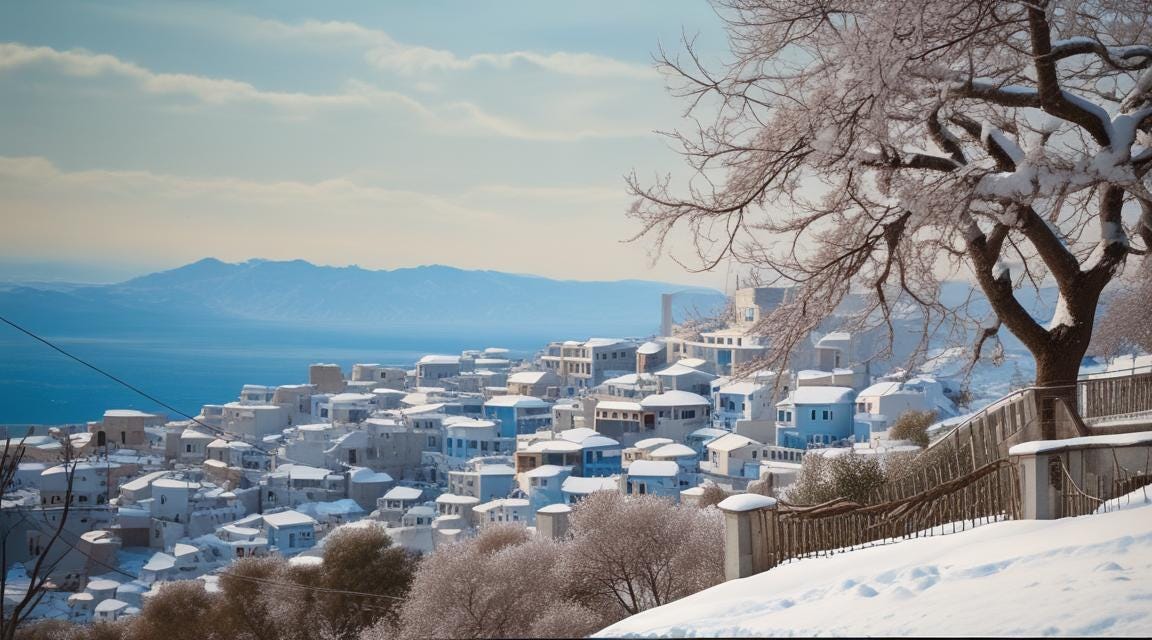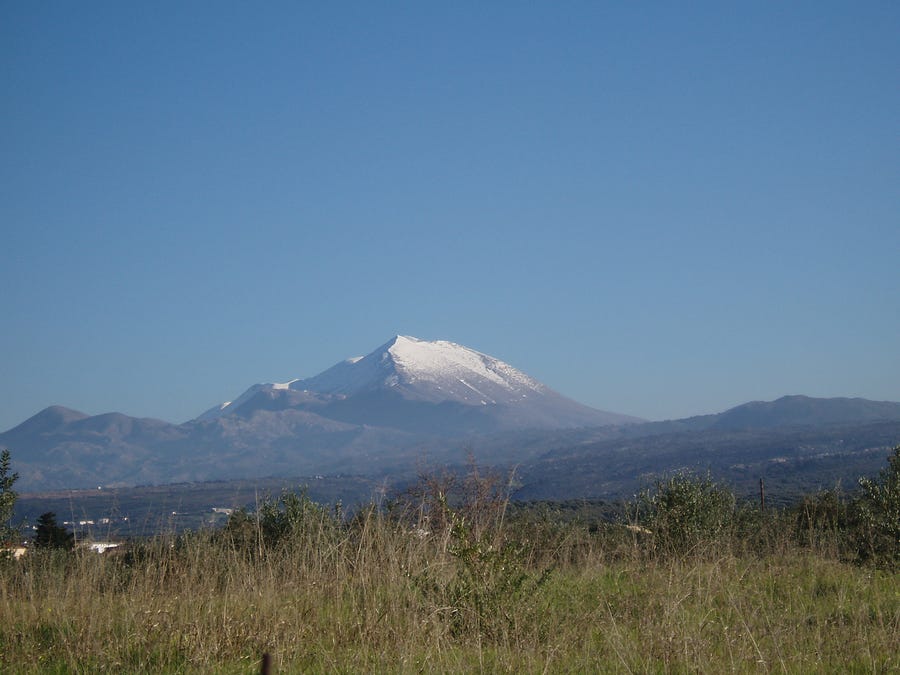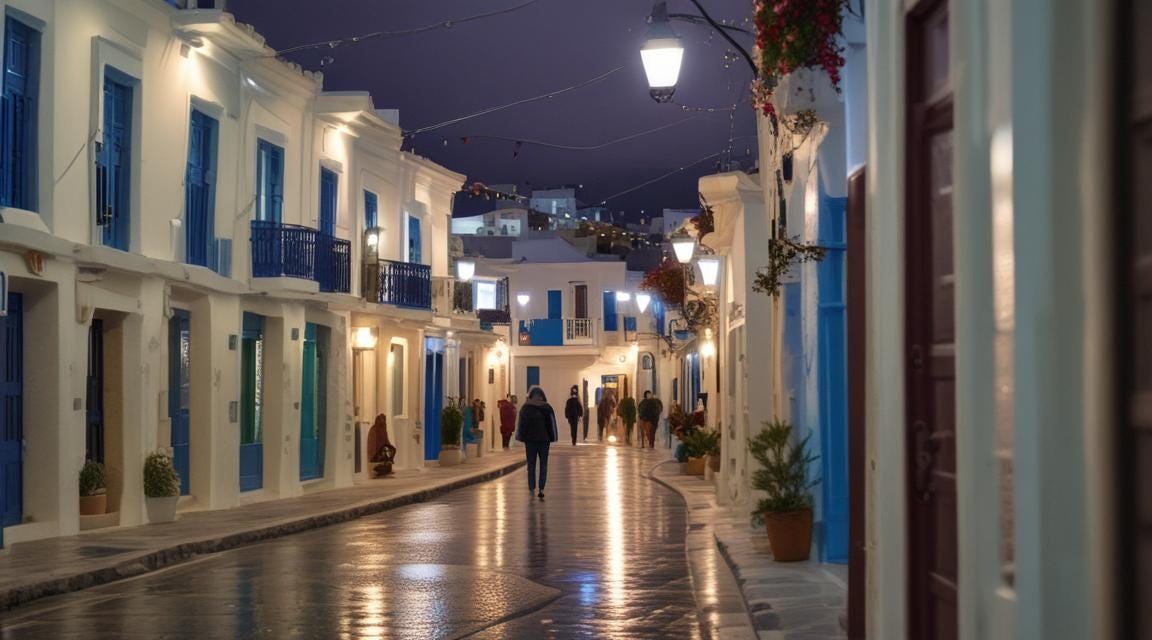Following on from the last newsletter, about Greek winter city breaks, we wanted to fill in a little more information so that people know what to expect weather-wise in winter.
What we said about Greece increasingly promoting itself as a year-round destination is shown by the fact that the German tour operator, alltours, announced this week that it’s extending its usual summer season this year on into November. Their direct flights to both Crete and Rhodes, two of the more southerly islands, go from Dusseldorf, Frankfurt, Munich and other German airports.
This year their flights to Rhodes will continue until November 9th, and for Crete right through to November 24th. They’re also extending the season for both Mallorca and Turkey, due to the increased demand from German tourists for warm-weather destinations in autumn through till early winter. So what can these German visitors expect?
Winter Weather on Rhodes
The average daily temperature on Rhodes in November is around 17C (62F), so it’s not exactly hot, but OK for sightseeing rather than lying on the beach. There are also about ten rainy days per month. In December and January it goes up to fifteen rainy days a month, and in January-February the average temperature drops to 12C (54F). You can see more information on our Best Time to Visit Rhodes page.
Winter Weather on Crete
Crete is the most southerly island in Greece so has the warmest weather. It’s also the largest island in Greece so the weather will vary in different places.. Taking the capital, Heraklion, as an example, the average daily temperature in November is 17C (62F), the same as Rhodes. It also has about ten rainy days in November, rising to sixteen by January, the wettest month. January is also the coldest month with a daily average of 12C (54F).
Winter Weather Around Greece
We also have pages on our website about the best times to visit other places around Greece, including Athens, Thessaloniki, Kefalonia, Corfu, Kos, Mykonos and Santorini.
But as we all know, any time is a good time to visit anywhere in Greece!
Till the next one.
Mike and Donna








One of the nicest things about not being in Greece in the summer is far fewer people. And man-caused climate change is making Greece’s summers hotter (unpleasantly so) and drier (affecting olive yields and water supplies). So there’s that, too.